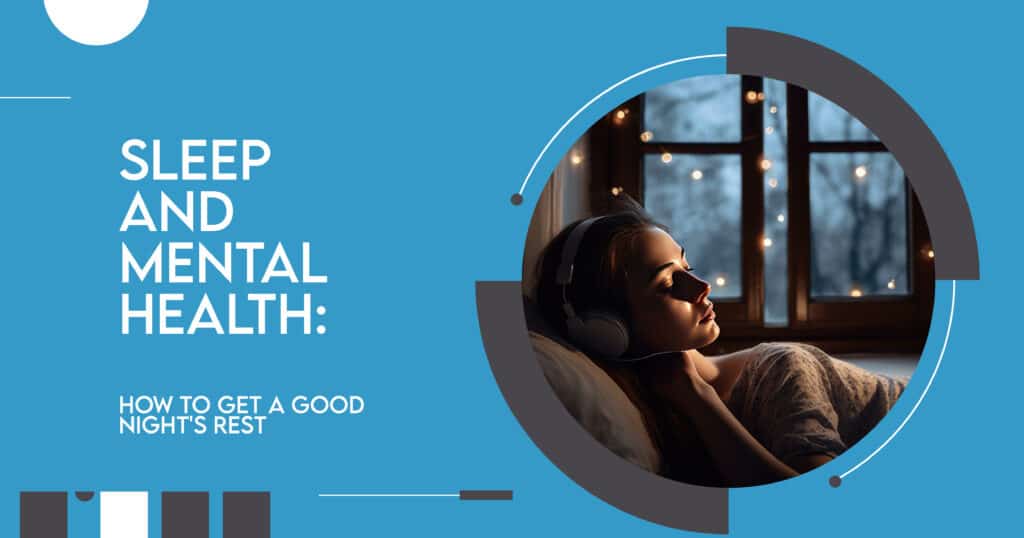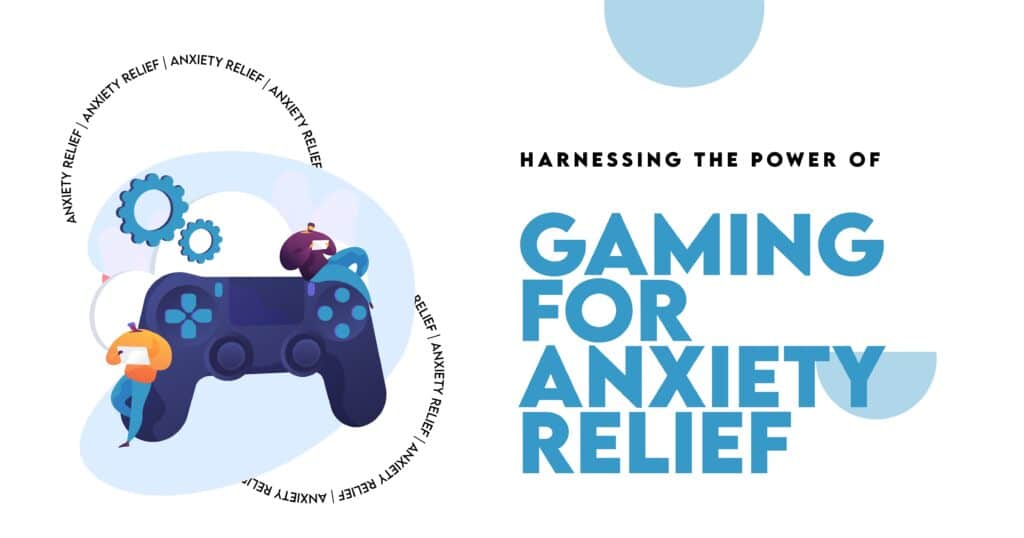In today’s fast-paced world, achieving a good night’s rest is often easier said than done. With the hustle and bustle of daily life, stressors, and screens constantly vying for our attention, quality sleep can sometimes feel like an elusive dream. However, the importance of sleep for our mental health cannot be overstated. In this comprehensive guide, we’ll delve into the intricate relationship between sleep and mental health and explore practical strategies to help you improve the quality of your sleep.
Understanding the Link Between Sleep and Mental Health
Why is Sleep Important for Mental Health?
Quality sleep plays a crucial role in maintaining optimal mental health. During sleep, the brain undergoes essential processes that support cognitive function, emotional regulation, and overall well-being. Lack of sleep or poor sleep quality can have profound effects on mental health, leading to increased stress, anxiety, depression, and mood disturbances.
The Impact of Mental Health on Sleep
Conversely, mental health conditions such as anxiety disorders, depression, and PTSD can significantly disrupt sleep patterns. Racing thoughts, hyperarousal, and nightmares are common symptoms that can interfere with the ability to fall asleep or stay asleep throughout the night.
The Vicious Cycle of Sleep and Mental Health
The relationship between sleep and mental health is bidirectional, forming a vicious cycle. Poor sleep can exacerbate existing mental health issues, while untreated mental health conditions can further disrupt sleep, creating a cycle of sleep disturbances and worsening mental health symptoms.
Tips for Improving Sleep and Enhancing Mental Health
Establish a Consistent Sleep Schedule
- Set a Regular Bedtime: Aim to go to bed and wake up at the same time every day, even on weekends.
- Create a Relaxing Bedtime Routine: Engage in calming activities such as reading, listening to soothing music, or practicing relaxation techniques before bed to signal to your body that it’s time to wind down.
Create a Sleep-Conducive Environment
- Optimize Your Bedroom: Make your bedroom a sanctuary for sleep by keeping it cool, dark, and quiet. Invest in a comfortable mattress and pillows to promote restful sleep.
- Limit Screen Time: Reduce exposure to electronic devices such as smartphones, tablets, and computers at least an hour before bedtime, as the blue light emitted can disrupt your body’s natural sleep-wake cycle.
Practice Healthy Sleep Habits
- Watch Your Caffeine Intake: Limit caffeine consumption, especially in the afternoon and evening, as it can interfere with your ability to fall asleep.
- Exercise Regularly: Engage in regular physical activity during the day, but avoid vigorous exercise close to bedtime, as it can energize you and make it harder to wind down.
Manage Stress and Anxiety
- Practice Mindfulness and Meditation: Incorporate mindfulness meditation or deep breathing exercises into your daily routine to reduce stress and promote relaxation.
- Seek Support: Don’t hesitate to reach out to a mental health professional if stress or anxiety is impacting your sleep and overall well-being. Therapy, counseling, or medication may be beneficial in managing symptoms.
Prioritize Self-Care
- Establish Boundaries: Learn to say no to excessive commitments and prioritize activities that bring you joy and fulfillment.
- Unplug and Unwind: Take breaks throughout the day to disconnect from work or responsibilities and engage in activities that help you relax and recharge.
Conclusion
In conclusion, prioritizing sleep is essential for maintaining optimal mental health and well-being. By understanding the intricate relationship between sleep and mental health and implementing practical strategies to improve sleep quality, you can take proactive steps towards achieving a restful night’s sleep and nurturing your mental health. Remember, small changes can yield significant results, so start incorporating these tips into your daily routine today for a brighter tomorrow.








